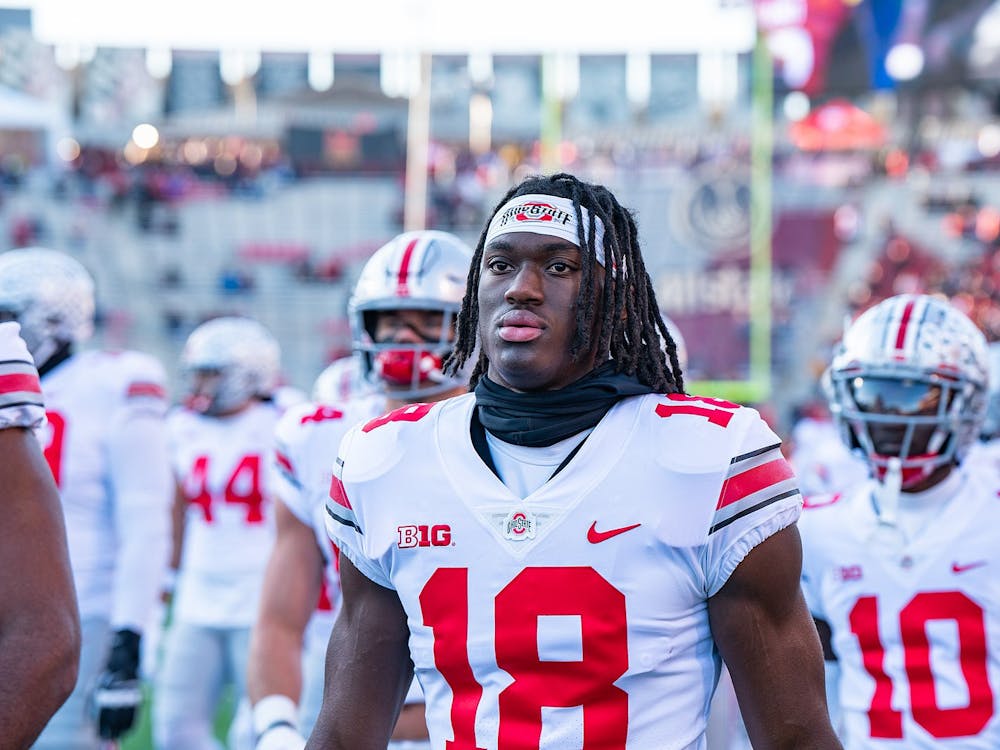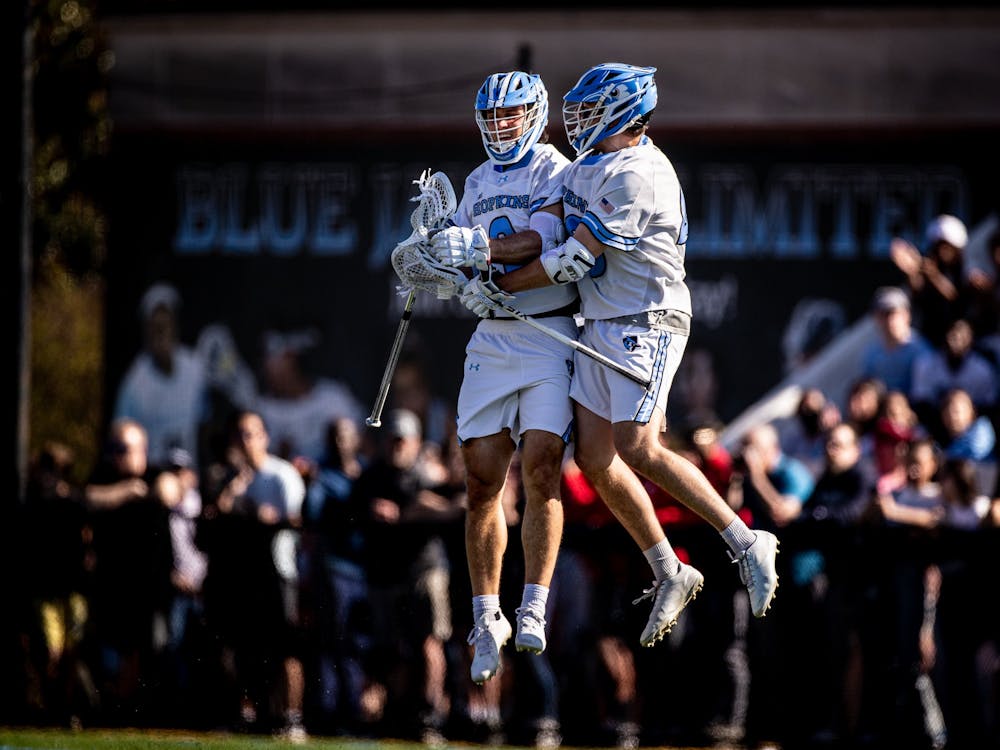My bracket would be perfect; It was just a matter of whether the teams cooperated with my bracket.
Since all the writers and editors for the Sports section felt the same way, we created a News-Letter Sports pool to see who had picked the best bracket.
After the first day of games, I felt like this would be the year where my bracket would actually work out. I got 15 of the first 16 games right, with the only error coming in one of the dreaded No. 8 seed vs. No. 9 seed matchups: Northwestern University vs. Vanderbilt University. It was a close game, decided in the last seconds by a foul on Vanderbilt.
I was in first place in the pool and expected to stay there the rest of the tournament.
From that point on, however, my entire bracket fell apart. On day two, I only got nine of the 16 games correct. I predicted that the Marquette University Golden Eagles would upset the South Carolina University Gamecocks: The Gamecocks would then make it to the Final Four. Ouch.
With 24/32 teams correct in the second round, I still had hope, and I got a somewhat respectable 8/16 teams in the Sweet 16.
The Elite Eight was when all hope was lost, as I only got one team correct, the University of North Carolina, and none of my Final Four teams were still in contention.
In terms of the rest of the pool, it was a battle for first between Courtney Colwell of Colwell’s Court and Daniel Landy, prince of DanLand. It came down to the North Carolina vs. Oregon Final Four game.
If North Carolina won, Courtney won. If the Tar Heels lost, the crown was Dan’s.
The Tar Heels won despite their inability to make free throws, thanks to Oregon’s even more abysmal ability to rebound said misses. Courtney’s victory was cemented, and she added insult to injury by correctly predicting that North Carolina would win it all.
So how exactly did Courtney manage to make so many correct predictions? You may be surprised by the answer.
Because she lives the busy life of any Hopkins undergraduate, she initially had to make her bracket hurriedly, so she decided to choose victors based solely on their team colors and planned on coming back to finalize it later.
As with all deadlines, the bracket lock time came sooner than Courtney had expected, and she was stuck with her strictly color-based bracket.
After the first round, it seemed like it would perform how a color-based bracket should perform, as she was second to last in the pool and got nine first round games wrong.
As the rounds went on, however, she crept back up the leaderboard as her two teams to make the finals — University of North Carolina and Gonzaga University — stayed alive despite some close calls.
At the end of the tournament, her bracket ended up in the 99th percentile, demonstrating how much more valuable late round games are than early round games.
Here is my advice based on this information: Get the late round games correct at all costs. Obviously this is easier said than done, but if you can do it, you will be in a great position in whatever pool you are in.
And if you cannot decide how to fill out your bracket, ignore what the experts say and take Courtney Colwell’s strategy: Choose your winners based on colors.

















Please note All comments are eligible for publication in The News-Letter.